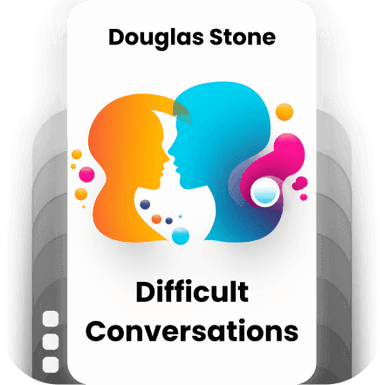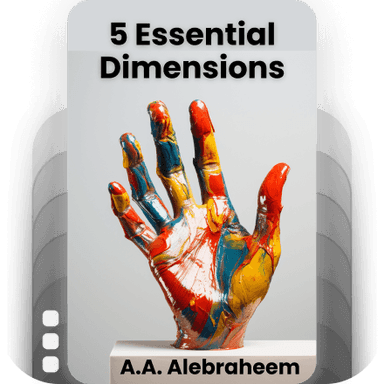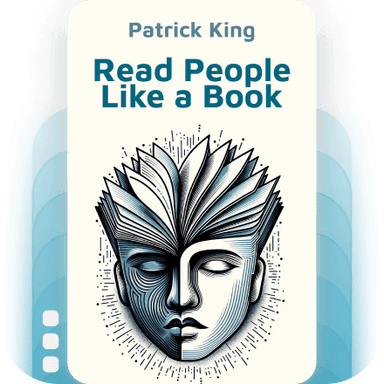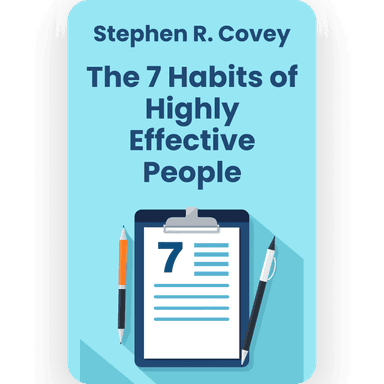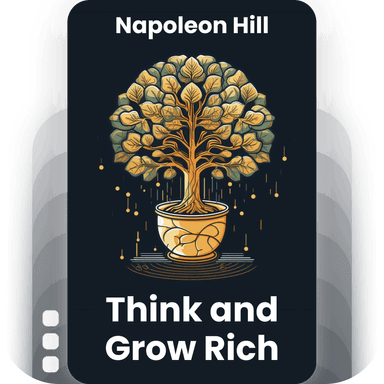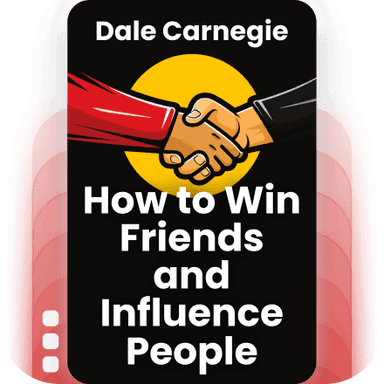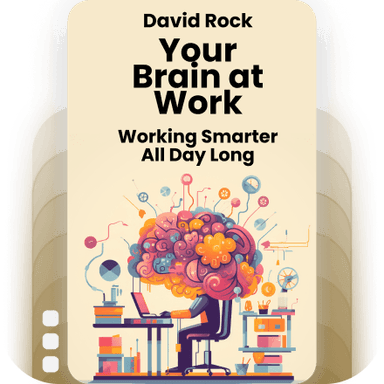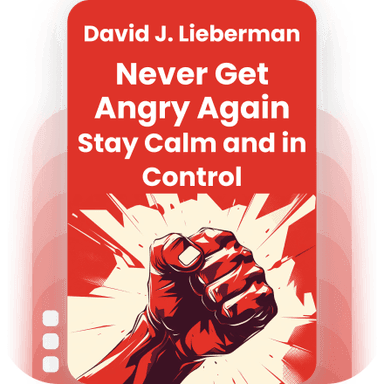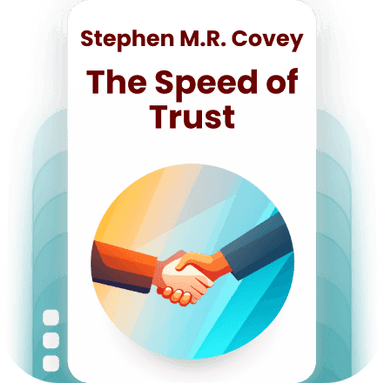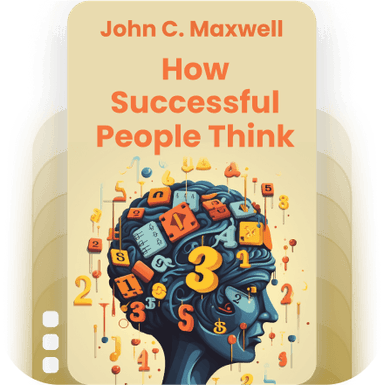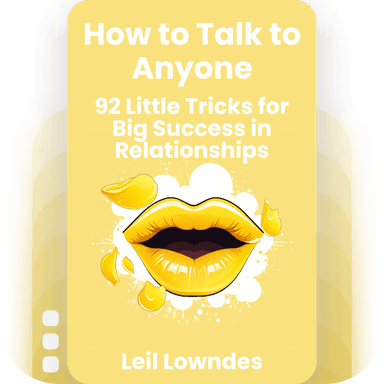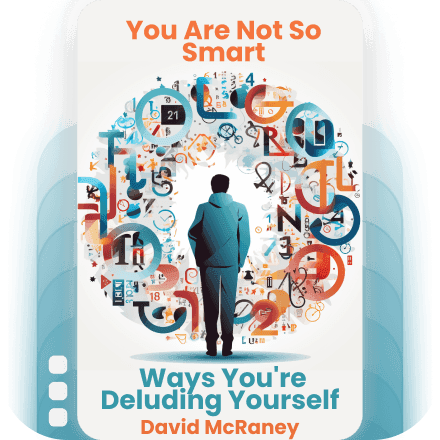
You Are Not So Smart: Why You Have Too Many Friends on Facebook, Why Your Memory Is Mostly Fiction, and 46 Other Ways You're Deluding Yourself
David McRaney
5.0 - 5 ratings
10
List Points
10
Chapters
5
Topics
Description
David McRaney's insightful book explores the fascinating psychology behind human irrationality and self-delusion, highlighting how our minds are riddled with cognitive biases and logical fallacies that shape our perceptions and decision-making. Through compelling anecdotes and scientific research, McRaney breaks down everyday misconceptions, revealing why we overestimate our abilities, misremember our pasts, and maintain beliefs despite contradictory evidence. The book's ultimate goal is to make readers recognize and understand these mental pitfalls, empowering them to think more critically and make more informed choices in their lives.
What will you learn?
By reading this book, you will uncover the multitude of cognitive biases and self-delusions that shape your perceptions, beliefs, and decisions. David McRaney delves into 48 engaging and often amusing psychological insights, revealing why you tend to overestimate your knowledge, misremember events, and fall prey to various mental shortcuts. You'll gain a deeper understanding of how these flawed patterns of thinking impact your day-to-day life, leading to false beliefs and misguided actions. Ultimately, this exploration will empower you to recognize and counteract these biases, fostering greater self-awareness and critical thinking skills.
Who’s it for?
• Individuals interested in psychology and human behavior.
• People who enjoy understanding cognitive biases and mind tricks.
• Self-improvement enthusiasts looking to recognize and mitigate their own delusions.
• Readers who like scientific yet easily digestible content.
• Skeptics wanting to learn more about the ways humans deceive themselves.
Categories
Key Learning
Available chapters to listen for this topic- 1
Understanding Cognitive Bias
Explore the various cognitive biases that influence your decision-making processes and perceptions, often leading you to incorrect conclusions without you realizing it. - 2
The Illusion of Knowledge
Recognize how our brains overestimate what we know, making us believe we understand complex subjects much better than we actually do, impacting our judgments and actions. - 3
The Impact of Confirmation Bias
Delve into how confirmation bias makes us favor information that confirms our preconceptions, ignoring or dismissing evidence that contradicts our beliefs. - 4
The Pitfalls of Groupthink
Learn how the desire for group consensus can suppress dissenting viewpoints and critical thinking, leading to poor decision-making outcomes in social and professional settings. - 5
The Dunning-Kruger Effect
Discover how individuals with limited knowledge or competence in a domain can significantly overestimate their own ability, while experts may underestimate their proficiency. - 6
The Unreliability of Memory
Examine how our memories are not as accurate as we believe, often being reconstructed or influenced by subsequent information, leading to false recollections and altered past experiences. - 7
The Influence of Social Proof
Understand the concept of social proof and how our behavior and decisions are heavily influenced by the actions and norms of others, often without our conscious awareness. - 8
The Anchoring Effect
Investigate how the initial piece of information we receive can serve as an anchor, heavily influencing our subsequent judgments and decisions, even if the anchor is irrelevant. - 9
The Availability Heuristic
Grasp how the availability heuristic causes us to overestimate the likelihood of events that are more readily brought to mind, often leading to skewed risk assessments and poor choices. - 10
The Effect of Sunk Costs
Identify how the sunk cost fallacy leads us to continue investing in a decision based on the accumulated costs, rather than on the future benefits, often resulting in irrational perseverance on unwise paths.


